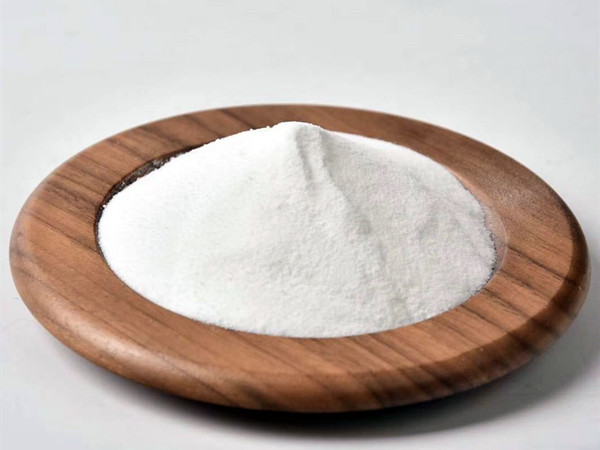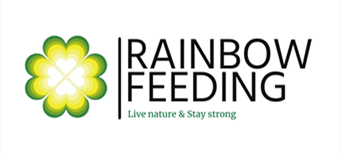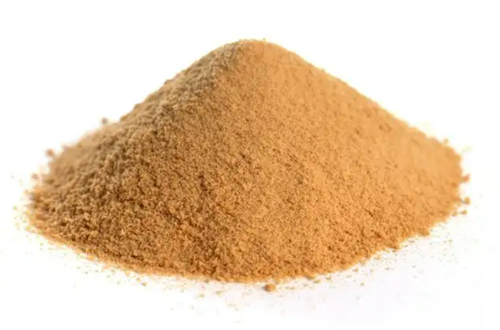Top 4 Natural Alternatives To Antibiotics For Farm Animals
The discovery of antibiotics has revolutionized modern medicine and saved innumerable lives, both human and animal. However, as they say, you can get too much of a good thing. Overuse is the problem. The overuse of antibiotics in cattle is a factor in the worldwide health crisis. This presents a new issue:
- Antibiotic resistance: Since antibiotics contribute to resistance in any situation, human and veterinary medicine should prioritize avoiding unnecessary or improper use of antibiotics whenever feasible. Bacteria are smart little things. The more we use antibiotics, the more they learn to resist them. We’re losing this microbe arms race if you will.
- Environmental impact: When animals excrete antibiotics, guess where they end up? In our soil and water. It’s like we’re inadvertently medicating Mother Nature herself.
- Human health concerns: Those antibiotic-resistant superbugs? They don’t just stay on the farm. They can make their way to us through the food chain.
So, what’s a farmer to do? Several commercial operations already successfully utilize certain alternative approaches, highlighting their practical value. Let’s explore some of the most promising natural alternatives that are giving antibiotics a run for their money.
Probiotics

Prebiotic Inulin
Probiotics are live microorganisms, typically beneficial bacteria or yeasts. They are commonly added to livestock dietary or water to enhance these animals’ overall health and gut condition.
Probiotics primarily help livestock’s gut health and function. Consider it the peacekeepers of the digestive system; they enhance the animal’s immune system and nutrient absorption by preserving a balanced microbiome. Probiotics also reduce the risk of infections by inhibiting the growth of harmful bacteria and competitively excluding pathogenic bacteria from the gut. These advantages result in enhanced production performance and better growth rates. Probiotics may reduce the demand for antibiotics in animal agriculture by naturally boosting animal health.
Essential Oils
Essential oils are concentrated extracts from plants that preserve their flavor and aroma. These aromatic chemicals can be extracted mechanically, by cold pressing, or by distillation (using steam or water). For a long time, essential oils have been used for aromatherapy, cosmetics, and traditional medicine.
The potential benefits of essential oils for animals—including pets, livestock, and poultry—have gained more and more attention in recent years. They have shown excellent antioxidant, antibacterial, and anti-inflammatory effects in livestock and poultry. Certain essential oils, like eucalyptus oil, can lower the amount of harmful bacteria in the digestive system, which could lower the frequency of illnesses and lessen the need for antibiotics. Some research has indicated that certain essential oils, such as oregano oil, may enhance feed efficiency and egg production in chickens in particular. Some are commonly used in pets to treat skin disorders, behavioral problems, and general wellness.
Herb Extracts
Unlike essential oils, which are specifically volatile aromatic compounds, plant extracts can include a broader spectrum of plant constituents and are often obtained through different extraction methods like solvent extraction, maceration, or percolation. Some plant extracts contain a wide range of bioactive compounds such as polyphenols, flavonoids, alkaloids, and terpenes, which can have diverse physiological effects on animals.
In farm animals and pets, plant extracts can offer numerous benefits when incorporated into their diets or used topically. They can act as natural growth promoters, improving feed efficiency and weight gain in livestock. Some plant extracts have antimicrobial properties like garlic extract, helping to maintain gut health and potentially reducing the need for antibiotics. Others may have anti-inflammatory or antioxidant effects such as echinacea extract, supporting overall health and immune function. In pets, certain plant extracts are used to address specific health issues, such as using milk thistle for liver support or ginger for digestive health.
Bacteriophages
Bacteriophages, often simply called phages, microscopic organisms are ubiquitous in nature and are considered the most abundant biological entities on Earth. These Bacteriophages are highly specific, they are viruses that specifically infect and replicate within bacteria, typically targeting only certain species or strains of bacteria, which makes them a potentially powerful tool in controlling bacterial populations without affecting beneficial microorganisms or animal cells.
Known as phage therapy, Bacteriophages offer a promising alternative to traditional antibiotics for managing bacterial infections. For farm animals, bacteriophages can be used to reduce the prevalence of foodborne pathogens like Salmonella or E. coli in livestock, improving food safety. In aquaculture, they’ve shown potential in controlling bacterial diseases in fish.
The growing interest in natural alternatives in animal health products has led to increased research into the potential applications ofnatrual ingredients in both farm and pet animal health. however, reduction use in antibiotic use will depend on research that develops efficient, safe, and cost-effective alternatives that can be incorporated into comprehensive herd or flock health management programs.



